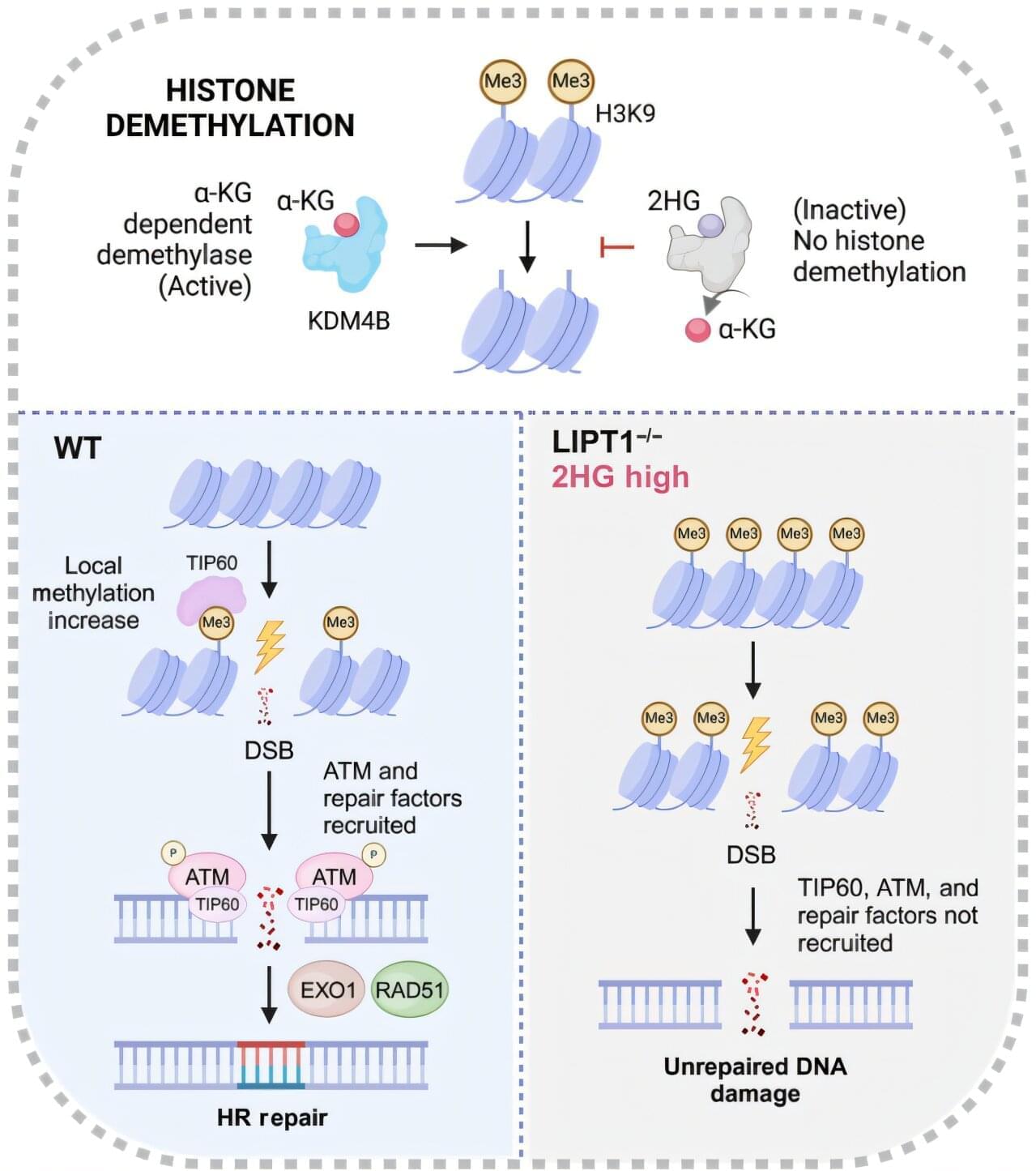An FDA-designated orphan drug that can target a key vulnerability in lung cancer shows promise in improving the efficacy of radiation treatments in preclinical models, according to a study by UT Southwestern Medical Center researchers. The findings, published in Science Advances, suggest a new way to enhance the response to radiotherapy by inhibiting DNA repair in lung cancer cells.
“This study was motivated by challenges faced by millions of cancer patients undergoing radiation therapy, where treatment-related toxicities limit both curative potential and the patient’s quality of life,” said principal investigator Yuanyuan Zhang, M.D., Ph.D., Assistant Professor of Radiation Oncology and a member of the Harold C. Simmons Comprehensive Cancer Center at UT Southwestern.
Prior research, including from the laboratory of co-investigator Ralph J. DeBerardinis, M.D., Ph.D., Professor and Director of the Eugene McDermott Center for Human Growth and Development, Professor in Children’s Medical Center Research Institute at UT Southwestern, and co-leader of the Cellular Networks in Cancer Research Program in the Simmons Cancer Center, has demonstrated that altered metabolic pathways in lung cancer cells allow them to survive, grow, and spread. But the role of metabolism in enhancing radiation efficacy has not been thoroughly explored.
